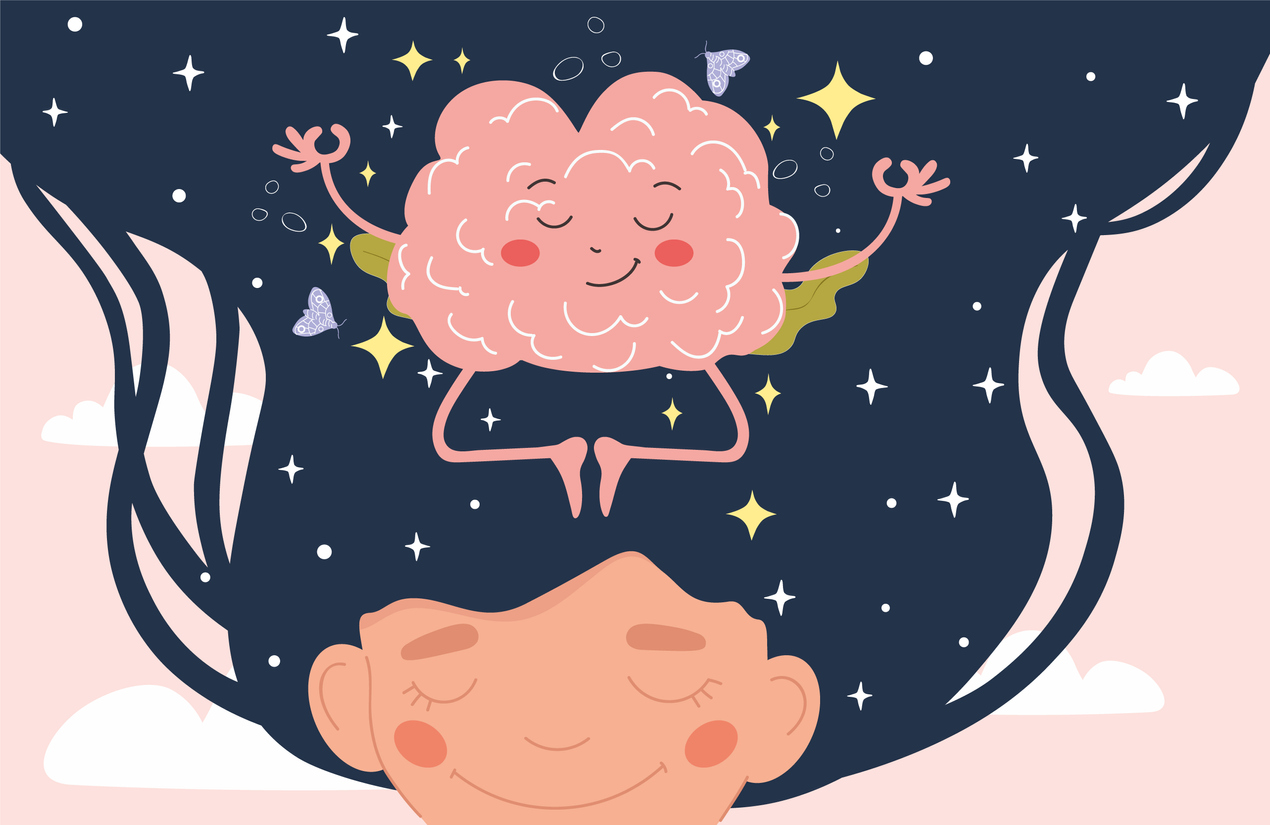Treatments
What Is Psychotherapy?

Psychotherapy, commonly referred to as “talk therapy” or simply “therapy,” is a type of mental health care that involves working with a therapist in a supportive environment to improve mental well-being. This is done through specific techniques, such as identifying and changing negative patterns in thinking and behavior or learning strategies to help manage and respond to stress. Therapy is often a treatment for mental health conditions, such as depression or anxiety, but it is also beneficial for anyone who is looking to overcome obstacles, strengthen relationships, or improve their overall quality of life.
Various types of therapy are available, such as psychoanalytic therapy, cognitive behavioral therapy, or interpersonal therapy. Therapy can be done one-on-one, as a family, or with a group of people with similar issues and goals.
Specialists who offer mental health therapy
Various types of specialists provide psychotherapy services, including psychiatrists, psychologists, and social workers.
- Psychiatrists graduate from medical school and attend a residency program focused on medical treatment of mental illness. They are medical doctors and can prescribe medications.
- Psychologists do not attend medical school. They typically graduate with a master’s degree or doctoral degree. They can prescribe medications only in certain states, and those states may require additional training.
- Social workers typically complete two years of graduate training plus two to three years of supervised clinical work. They cannot prescribe medications.
Other professionals who may offer psychotherapy include licensed marriage and family therapists, psychiatric nurse practitioners, and licensed professional clinical counselors.
Therapy and chronic pain
Therapy is often part of a multidisciplinary approach to treat chronic pain. It can help people with chronic pain identify and cope with thoughts, feelings and behaviors that accompany the pain. Learning to better cope with chronic pain may even reduce pain intensity.
A therapist can also introduce relaxation techniques and ways to get better sleep. Since both stress and lack of sleep can contribute to pain, using these techniques may reduce levels of pain. In addition, therapists can help individuals develop new ways of thinking about pain. They can also help address any underlying anxiety or depression.
In general, therapy can help individuals, with or without chronic pain, live more fulfilling lives.


















